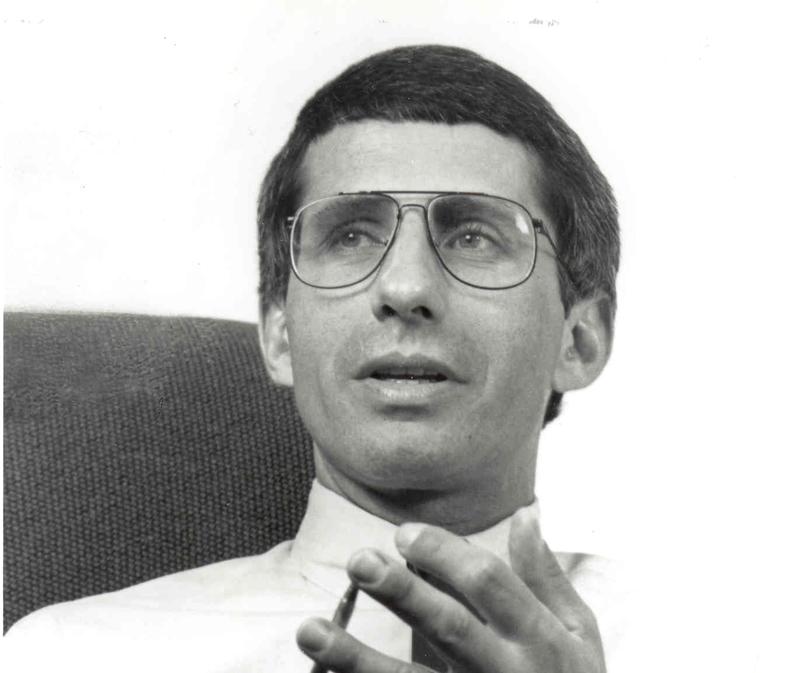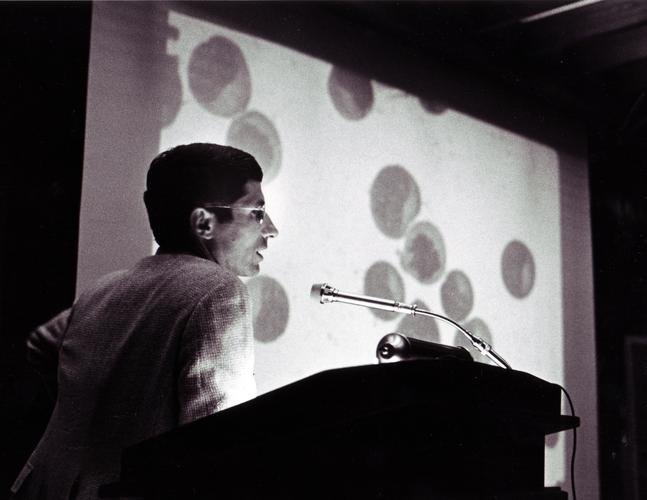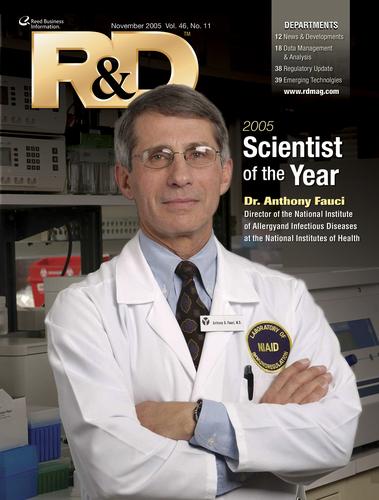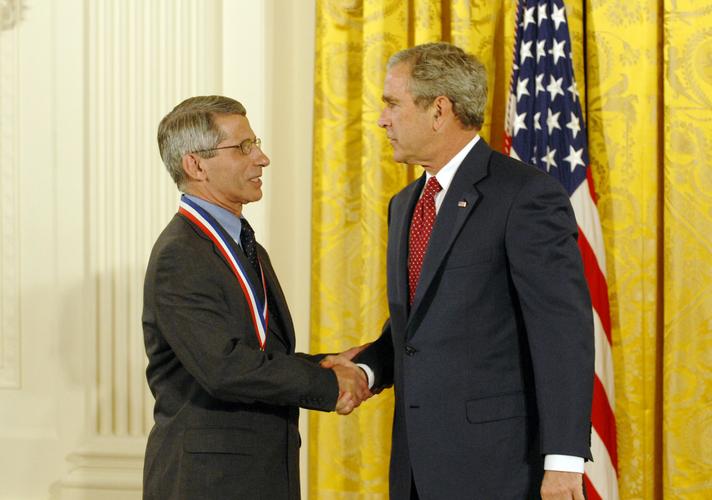Anthony S. Fauci is no stranger to crisis. As the director of the National Institute of Allergy and Infectious Diseases, a post he has held since 1984, Fauci has led the medical community’s charge against some of the most devastating epidemics in the world – including HIV/AIDS, tuberculosis, Ebola, and Zika.
Fauci has made lifesaving contributions to immunology both through his research and his advocacy. Working in the lab, he has helped the medical community better understand how the HIV virus attacks the body’s immune system, and has played an important role in developing new drugs to treat the disease. As an advocate, Fauci has worked with the United States government in numerous advisory capacities to ensure effective responses to public health emergencies throughout the world. Most recently, he testified in favor of Congressional funding for development of a vaccine for the Zika virus.
Fauci graduated from the College of the Holy Cross and earned his M.D. from Cornell University Medical College in 1966. His numerous awards include the Presidential Medal of Freedom, the highest civilian honor granted in the United States.
By Jeremy Gordon










